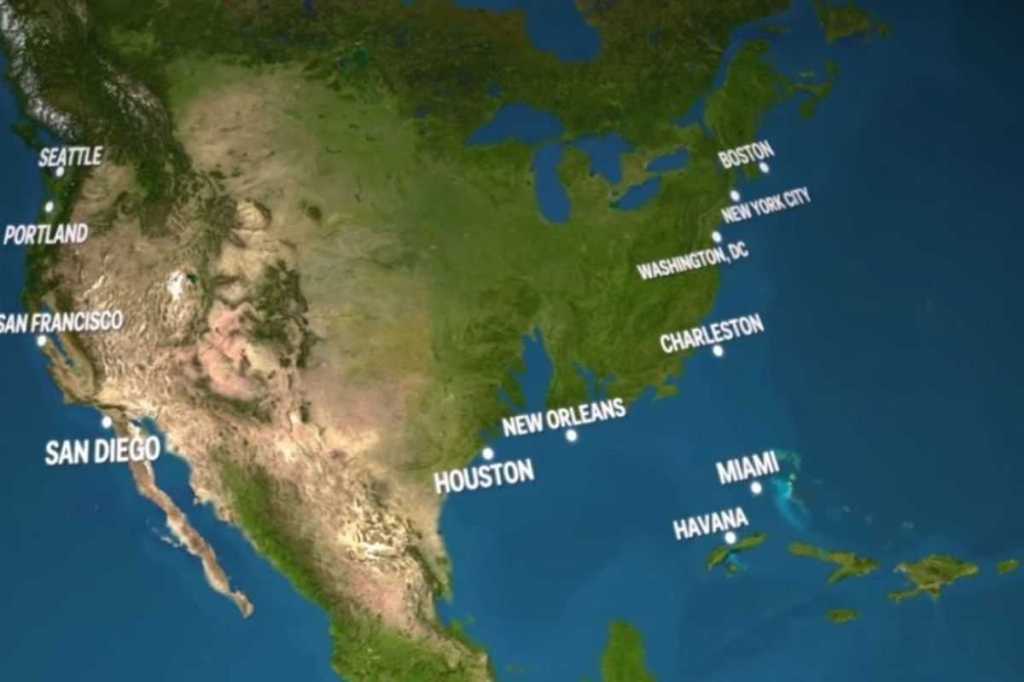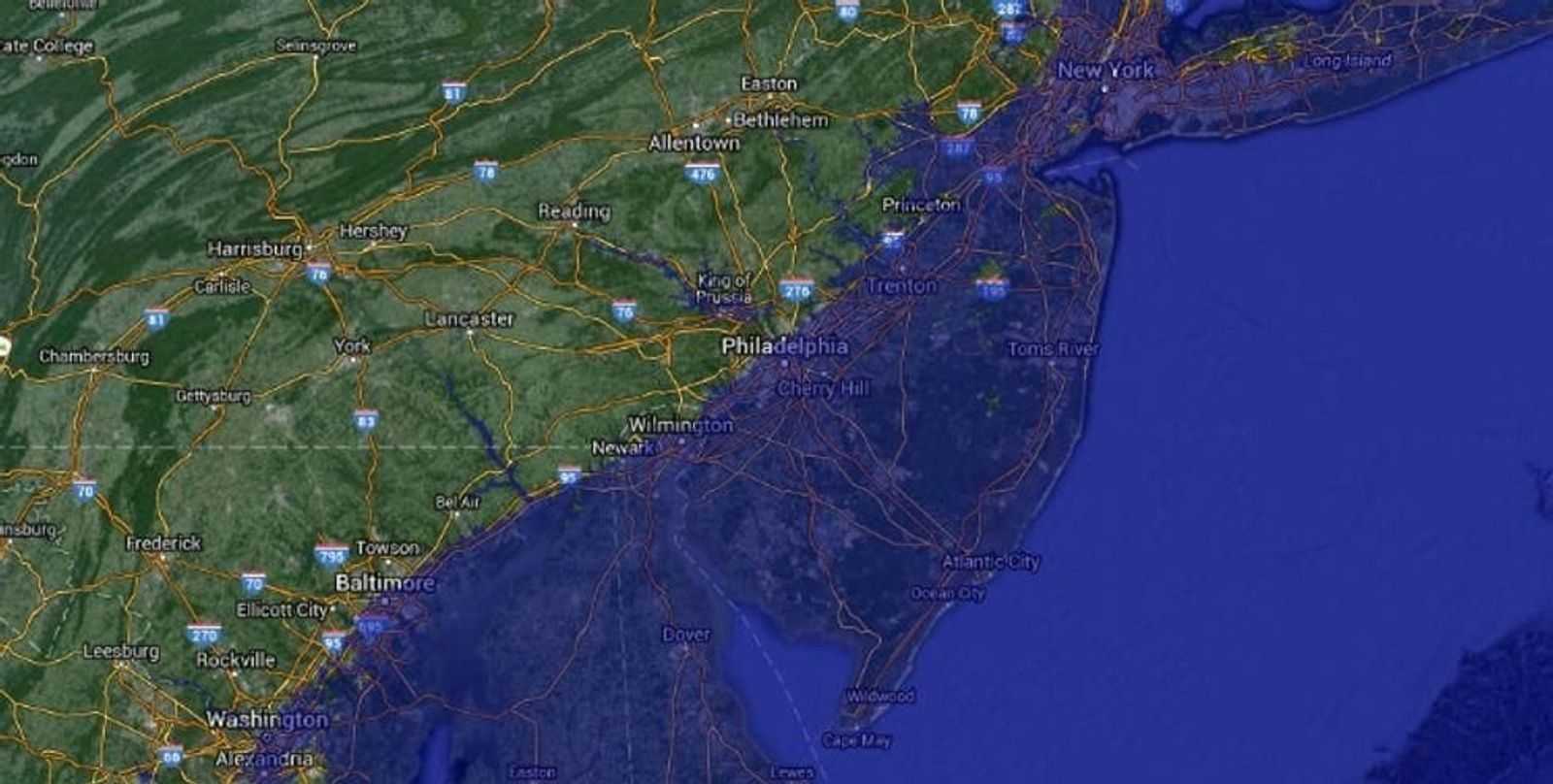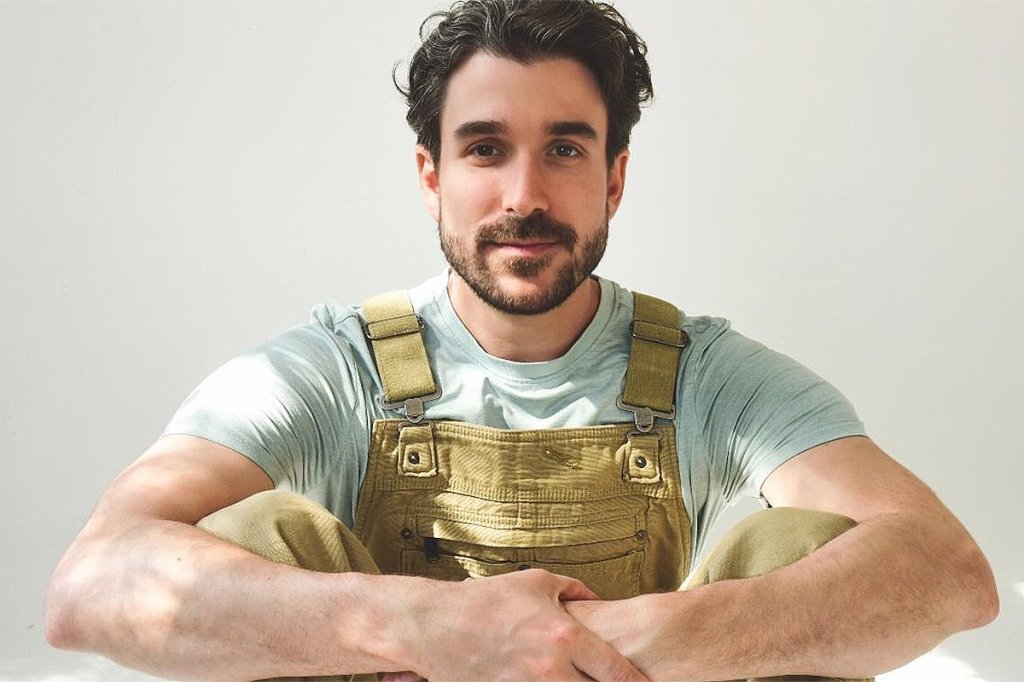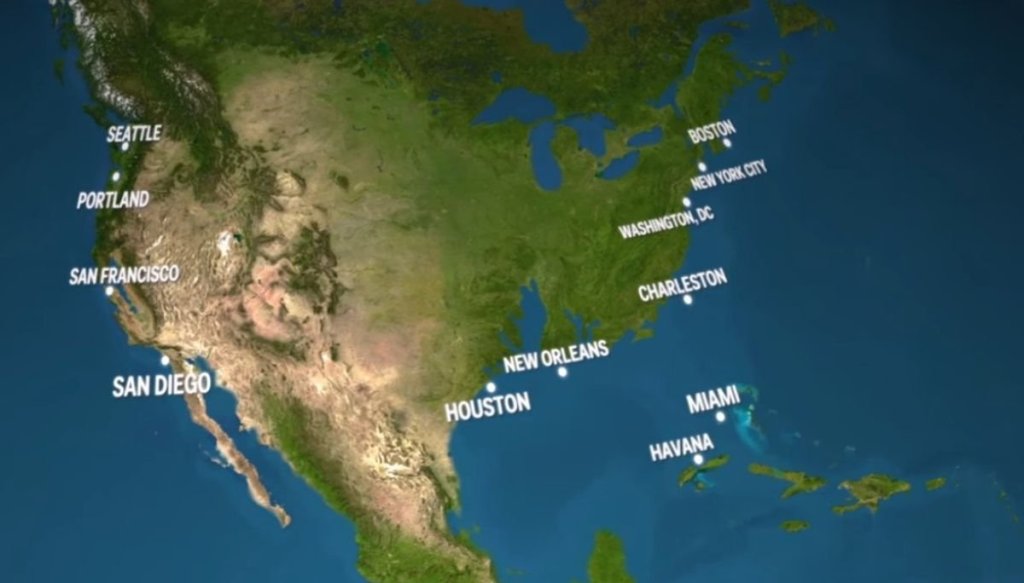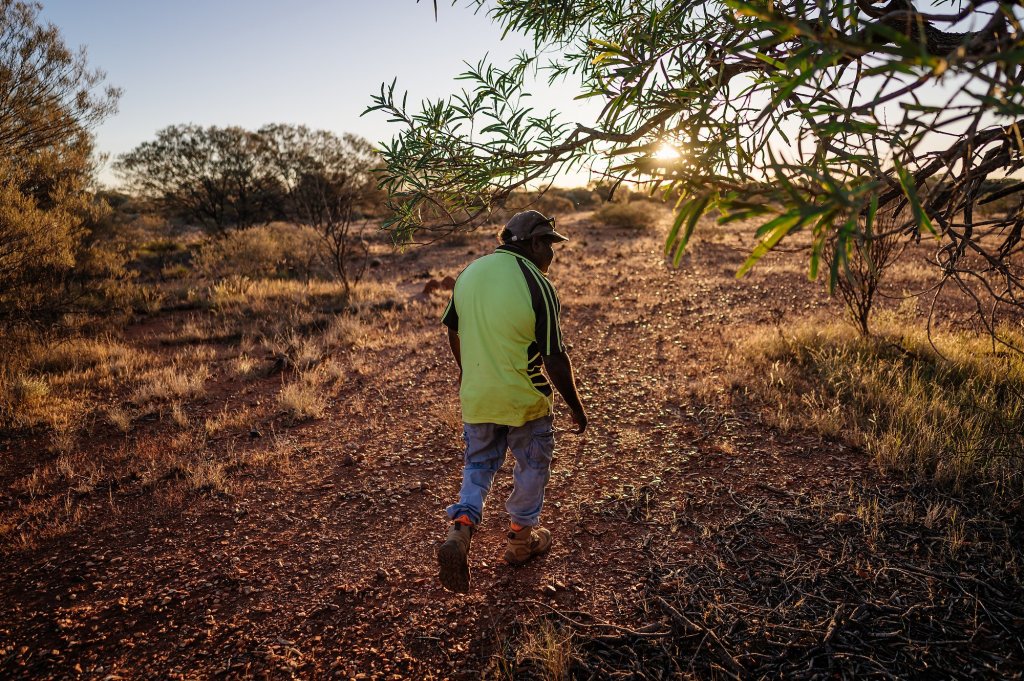As a staunch Independent, partisan bickering over pretty much everything these days drives me batty.
So many issues that should barely be considered “political” much less “partisan” have divided Americans among party lines and become man-made mountains both Democrats and Republicans are willing to die on.
But the issue of climate change in particular has become increasingly partisan, which makes no sense whatsoever. I mean, I know Al Gore making himself the face of global warming was probably enough to create a partisan divide all by itself, but when you look at the core of the issue, there’s nothing particularly “progressive” or “liberal” about protecting our planet.
In fact, in some fundamental ways, environmentalism and fighting climate change fit more neatly within a conservative worldview than a liberal one. Here’s why:
1) Conservation and limiting change are literally conservative ideas. It’s right there in the name.
Conservation is about conserving the environment, keeping our natural heritage in tact, taking responsibility, and subscribing to the traditional value of stewardship. It’s about maintaining the earth’s status quo, keeping her resources balanced and sustainable. Action on climate change is about trying to keep too much change from happening too fast, which is the primary idea that conservative ideology embraces.
When you remove the Republican/Democrat labels and look at the ideologies that underlie them, fighting climate change and working for conservation actually seems like a more logical fit for conservatives.
2) The National Parks Service and United States Forest Service were started by a Republican President.
Teddy Roosevelt is known for his focus on the protection of our natural resources and his love of the environment. His passion for conservation is what prompted the establishment of our National Parks the USFS.
He also encouraged Americans to think about the impact of our habits and what the future might hold if we insist on relying on deforestation and fossil fuels to sustain us:
“We have become great because of the lavish use of our resources. But the time has come to inquire seriously what will happen when our forests are gone, when the coal, the iron, the oil, and the gas are exhausted, when the soils have still further impoverished and washed into the streams, polluting the rivers, denuding the fields and obstructing navigation.”
3) The Environmental Protection Agency was started under Republican president. So was the NOAA.
The EPA was proposed and established in 1970 by Richard Nixon as a response to the obvious air and water pollution that had developed around the nation. In his State of the Union Address that year, Nixon said:
“Restoring nature to its natural state is a cause beyond party and beyond factions. It has become a common cause of all the people of this country. It is a cause of particular concern to young Americans, because they more than we will reap the grim consequences of our failure to act on programs which are needed now if we are to prevent disaster later. Clean air, clean water, open spaces-these should once again be the birthright of every American.”
The National Oceanic and Atmospheric Administration (NOAA), which was also established on Nixon’s watch. That government agency has done research on climate change throughout Democratic and Republican administrations, because science is not a partisan activity.
4) The United Nations Framework Convention on Climate Change was launched by a Republican U.S. president.
Are we seeing a pattern here?
George H.W. Bush said in a campaign speech in Michigan in 1988,
“Our land, water and soil support a remarkable range of human activities, but they can only take so much and we must remember to treat them not as a given but as a gift. These issues know no ideology, no political boundaries. It’s not a liberal or conservative thing we’re talking about.”
Four years later, Bush signed and ratified the United Nations Convention on Climate Change, making the U.S. the first industrialized nation to do so. In his official presidential statement, Bush wrote:
“The Climate Convention is the first step in crucial long-term international efforts to address climate change. The international community moved with unprecedented speed in negotiating this convention and thereby beginning the response to climate change.
As proposed by the United States, the convention is comprehensive in scope and action-oriented. All parties must inventory all sources and sinks of greenhouse gases and establish national climate change programs. Industrialized countries must go further, outlining in detail the programs and measures they will undertake to limit greenhouse emissions and adapt to climate change and quantifying expected results. Parties will meet on a regular basis to review and update those plans in the light of evolving scientific and economic information.”
It’s only recently that conservative politics has moved away from addressing or believing the science about climate change.
5) Traditionally conservative American pastimes are directly threatened by the impact of climate change.
Hunting and fishing are generally seen as hobbies enjoyed by folks in rural/conservative areas. If those were things I enjoyed doing, I’d be doing everything I could to make sure they remained sustainable. Ensuring the protection of land and water seems like a logical desire for folks who rely on them for food or for sport. And considering the impact unchecked climate change has on forest and waterway ecosystems, I’d think hunting and fishing enthusiasts would be totally on board with trying to mitigate it.
6) Scientists around the globe have come to the same conclusion, so it’s clearly not a Democrat/Republican issue.
Take America’s political parties completely out of the equation, and you still end up with the same answer to the question of whether climate change is real and accelerated by human activity. Thousands of scientists from all around the world contribute to climate change research and advise the Intergovernmental Panel on Climate Change (IPCC), which gives reports on the scientific consensus. Despite working in their respective regions of the world, these scientists are widely in agreement on the issue because, again, science is not a partisan activity.
Now, there are definitely some political debates to be had for how we go about addressing climate change. There’s just no room for debate about whether we do so.
Meet the conservatives who are actively engaged in the fight to slow climate change.
The group Conservatives for Responsible Stewardship states on its website that climate change is real, that it is influenced by human activity, and that “There is nothing remotely conservative about ignoring or rejecting all of this scientific evidence.” These “conservatives stewards” do not reject the science of climate change and the proven need to reduce emission to mitigate it.
They do, however, assert that conservatives should be engaged in addressing the issue wisely:
“Because how we choose to reduce these emissions matters greatly, it is important that conservatives be constructively engaged in efforts to address climate change. Throughout the nation’s history, conservative leadership has produced the most effective, efficient and enduring solutions to our environmental problems—from smog and water pollution to ozone depletion and acid rain, conservative leadership has been instrumental to finding the best solutions.”
While that statement may not ring true for our most recent history, it has clearly been true in the past and there’s no reason it can’t be again. We need to get back to the place where we all embrace the science so we can have productive debates and work together to find solutions to our civilization’s most looming threat.
The effects of climate change don’t care where you live, how you vote, or what you believe. And our planet is too precious to let partisan politics keep us from protecting it for ourselves and our children, no matter what side of the aisle we lean toward.








